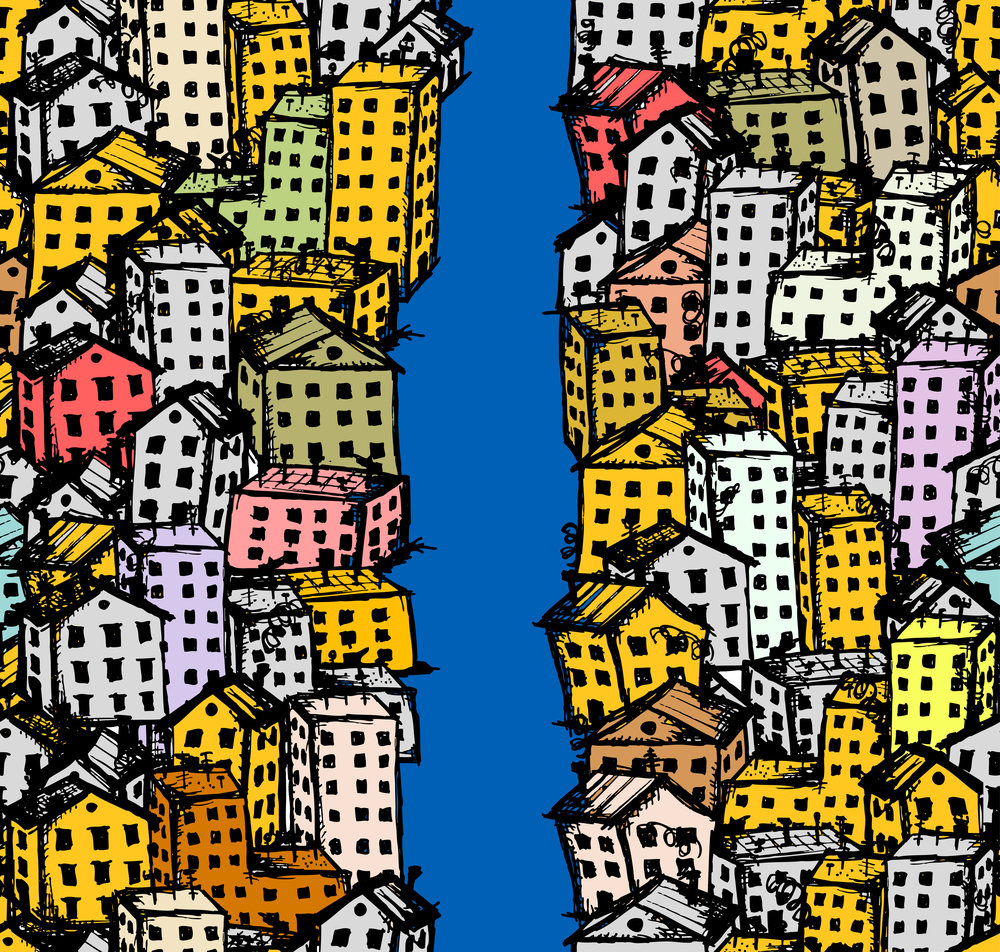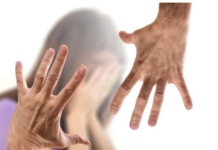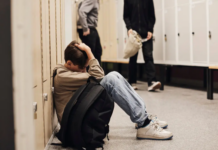In a piece on News-Medical.net, Megan Craig reviews new research from George Mason University underscoring the negative impact of structural and systemic inequalities including neighborhood violence and poverty on the emotional and mental well-being of Black teens:
“It’s easy to imagine that growing up in a neighborhood with safe and clean parks, little to no discrimination, and where people are not struggling financially makes for a lower-stress childhood. In contrast, neighborhoods with few community spaces, violence, and poverty create a higher-stress environment for a child to live in.
Unfortunately, systemic and structural issues such as wealth inequality, residential segregation, barriers to home ownership, and environmental injustice in neighborhoods where Black American adolescents disproportionately reside make it more likely that Black American adolescents will grow up in this second scenario.
A new study by Assistant Professor of Social Work Melissa Villodas provides evidence that the stress of neighborhood poverty and community violence negatively affects Black American adolescents’ mental health. This could be a contributing factor to Black American adolescents experiencing higher rates of suicidality than any other racial or ethnic group and the growing incidence of mental health challenges among racial minority youth.
“‘We need initiatives that build healthy neighborhoods and local resources to support adolescent stress reduction and mental health so that we can improve the lives of Black youth living in socioeconomically disadvantaged neighborhoods.’
—Melissa Villodas, Assistant Professor of Social Work, George Mason University”
***
More from Around the Web
More from Mad in the Family















